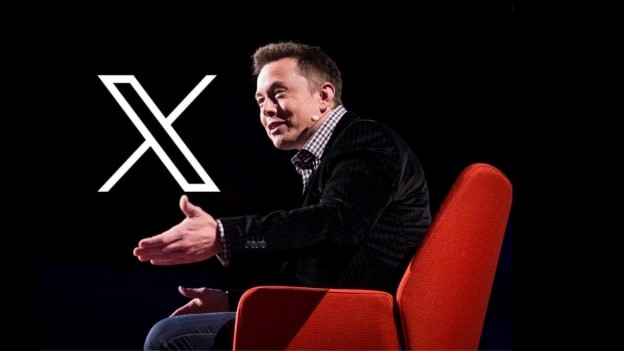Since billionaire Elon Musk’s acquisition of Twitter, now rebranded as X, the platform has undergone significant transformation. Once hailed as a digital town square for diverse viewpoints, X in 2024 has become a hub of polarization, where controversial posts and profiles dominate conversations.
According to the reports of Leaders team, prominent accounts, some accused of spreading misinformation and inciting hate, have risen to prominence under Musk’s leadership. These changes matter because, despite X’s smaller user base compared to other platforms, it wields considerable influence over political discourse. It serves as a direct communication tool for politicians, governments, and law enforcement agencies, and now, with Musk’s vocal alignment with Donald Trump, its role in shaping the U.S. political landscape is under scrutiny.
A Shift in User Dynamics
As per the sources of Leaders team, accounts like “Inevitable West,” which did not exist a few months ago, have gained massive traction, often posting misleading or divisive content. Musk’s own interactions with such accounts have amplified their reach. The creator of Inevitable West describes their mission as representing the “silent majority” of Western culture and criticizes traditional media as obsolete. Musk’s endorsement of user-generated content has only fueled this narrative, encouraging more accounts to embrace controversial or polarizing rhetoric to maximize their visibility.
Redefining Platform Rules
Under Musk’s ownership, X has implemented numerous changes, from monetization models to content moderation. The introduction of X Premium allows paid subscribers to gain prominence and earn revenue based on engagement. This has incentivized accounts to post content designed to provoke reactions, as likes, shares, and comments from Premium users directly impact their earnings. While other platforms suspend or demonetize accounts spreading misinformation, X has taken a more lenient approach, relying on crowd-sourced “community notes” to fact-check posts.

Political Connections and Influence
Musk’s alignment with Trump has taken X’s political role to new heights. Musk endorsed Trump’s candidacy and was recently appointed to lead a new advisory body under the incoming administration. This relationship may set a precedent for other tech leaders, such as Meta’s Mark Zuckerberg and TikTok’s Shou Zi Chew, who have also engaged with Trump as they navigate regulatory pressures and seek to maintain their platforms’ relevance in the U.S.
Global Implications
The changes at X reflect a broader trend in how social media platforms navigate the balance between free speech and accountability. Critics argue that X has become an environment where divisive rhetoric thrives, potentially inflaming societal tensions. Others see it as a democratization of media, giving ordinary users unprecedented reach and influence.
However, challenges remain. Governments worldwide are implementing stricter regulations, such as the UK’s Online Safety Act and Australia’s social media age restrictions. In the U.S., the Biden administration’s scrutiny of TikTok and debates over online safety highlight the complex interplay between tech companies and political power.
The Future of X
As 2025 approaches, X continues to evolve into a platform defined by its owner’s vision. Musk’s emphasis on free speech and user empowerment has reshaped the social media landscape, but questions linger about the platform’s role in fostering responsible discourse. Whether these changes strengthen X’s position or drive users to alternative platforms remains to be seen. One thing is certain: Musk’s X is no longer just a social media platform—it is a powerful tool in shaping the global narrative.









